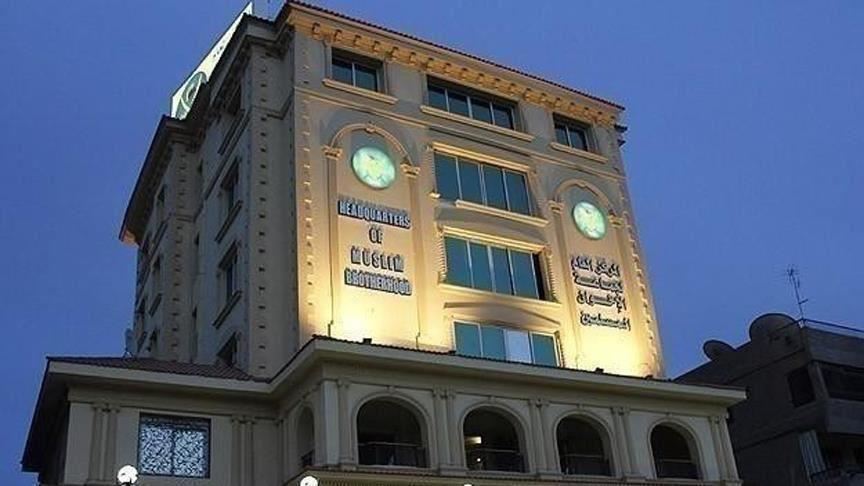Egypt's Muslim Brotherhood changes course
Group recently agreed to join move by opposition figure, former army contractor Mohamed Ali

ISTANBUL
Egypt's Muslim Brotherhood (MB) changed course over determining the future of its political work when it agreed to cooperate with Mohamed Ali, a new opposition figure and former army contractor.
The move forms a turning point for the MB in contrast with its approach during the last six years by which it was accused of causing a rift among Egyptian opposition.
Since the overthrow of Mohamed Morsi, the country's first democratically elected president who died last June, in the 2013 military coup, the group has sought its way out of a dark tunnel.
On Sunday, MB outlined support for the document announced by Ali in which he called for uniting the opposition to topple Egyptian President Abdel-Fattah al-Sisi.
By accepting Ali's document, the group adhered to three points, including forming new alliances as the document states "cooperation with loyal people of the homeland" and calling for unification in "one row" against al-Sisi.
The second is the MB's affirmation of not taking the lead, saying it "pledges to continue the struggle with honorable people" which means not seeking to rule alone, as happened in the aftermath of the January 2011 uprising that ousted former President Hosni Mubarak.
The third is to be in harmony with other opposition groups, regardless of backgrounds.
Turning point
In an exclusive statement to Anadolu Agency, MB spokesman Talaat Fahmy said recent changes come "in light of this distinctive stage of the nation and after the current serious conditions have become clear to everyone."
He affirmed the MB will not lead the scene in the future, saying the group "is a part of the Egyptian society with all of its spectrums and classes."
Adhering to alliances in the coming stage, he said, "the group believes that it needs the cooperation of all loyal people of the homeland to establish a modern civil democratic state."
He stressed the group believes "the burdens of the national struggle are greater than the ability of any faction, group or party but rather it is a duty of all the Egyptian people without exception or discrimination” and urged all Egyptians to unite for a free and dignified life.
Political problem
For his part, Khairy Omar, an Egyptian academic specializing in political movements, told Anadolu Agency that the MB's move reflects "the failure of opposing from abroad."
Omar said in the past years of opposition from abroad the MB did not attempt to set a framework of the concept of legitimacy that it demanded following removing Morsi from power in a military coup.
"This recent frank waiver of legitimacy with the death of Morsi reveals the lack of reliance on a specific constitutional or moral position, which made the subject of legitimacy a time project linked to the life of the former president."
Commenting on the future of the group, the Egyptian academic stressed the group is still affected by an "internal rift" and "any symbolic and serious participation will be at the minimum."
Commenting on the three pillars of Ali's document, Omar said: "It's a nice talk, without mechanisms, and the group will continue its dark tunnel until conditions change in Egypt." He stressed that "the leadership of the group in the past was more politically flexible than now."
New start
On the other hand, Ammar Fayed, a researcher in the Islamic political movements, told Anadolu Agency the Brotherhood believes it made sacrifices and many of its members are languishing in prisons and it will be hard for it to give up on them.
He said the group knows it is unable to confront the regime alone so it is now convinced with the necessity of alliances.
"The group sees Mohamed Ali's document as a suitable starting point to include its main demand to reject the [military] coups...," he said.
Fayed stressed there is an internal approach within the Brotherhood that rejects engagements in politics as it did after the January uprising in 2011 and the group needs to rebuild itself as many of its members remain behind bars.
"The current leadership of the group will not be able to answer its perception of its political future, and it will remain an unanswered question for fear of making strategic decisions that increase internal divisions," he said.
Anadolu Agency website contains only a portion of the news stories offered to subscribers in the AA News Broadcasting System (HAS), and in summarized form. Please contact us for subscription options.







